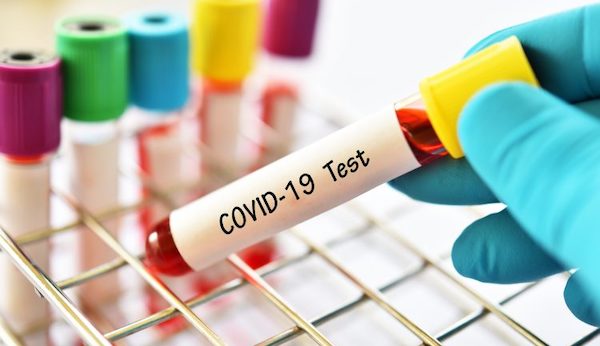Africa Press-Nigeria
African online retailer Jumia on Tuesday reported a nearly 18% fall in third-quarter revenue as it shifted towards less expensive but more frequently ordered items and missed out on lockdown boosts enjoyed by international rivals.
Cost-saving efforts, however, allowed Jumia to reduce its adjusted loss in earnings before interest, taxes, depreciation and amortization for the period to 32.4 million euros ($38.3 million) from 49.9 million euros in the year-earlier period.
Co-chief executive Sacha Poignonnec told Reuters that the group was not concerned by the lack of surge in demand during the pandemic, which has benefited e-commerce giants Amazon and Alibaba.
Only 24% of Jumia’s core markets – or four countries – instituted nationwide lockdowns and its largest market, Nigeria, had targeted lockdowns that were less restrictive than elsewhere.
Revenue fell to 33.7 million euros from 40.9 million in the prior year quarter. Gross merchandise value (GMV), the total value of merchandise sold, also fell by 28%, which Poignonnec said was “largely by choice”.
Jumia, the first Africa-focused tech start-up to list on the New York Stock Exchange, is selling fewer expensive one-off products such as electronics, focusing on cheaper but frequently ordered items like beauty and cleaning supplies, he said.
It has exited three countries and closed its travel unit over the past year in an effort to create a “very different business than we had a year ago” on the path to profitability, Poignonnec said.
“There’s no doubt about the potential scale of Africa for e-commerce,” he added. “We want to make sure that when we reach that scale, we are profitable.”
He pointed to a 20% year-on-year drop in fulfilment costs, 55% drop in advertising expenses and the 10 cent per order in gross profit after fulfillment, up from a 2.20-euro loss last year.
Jumia shares were trading at $14.31 by 1700 GMT, down 11%.
It reached a market capitalisation of over $1.5 billion just after it went public in April 2019 but accusations by short-seller Citron Research that it inflated its sales figures hammered its shares soon after.






